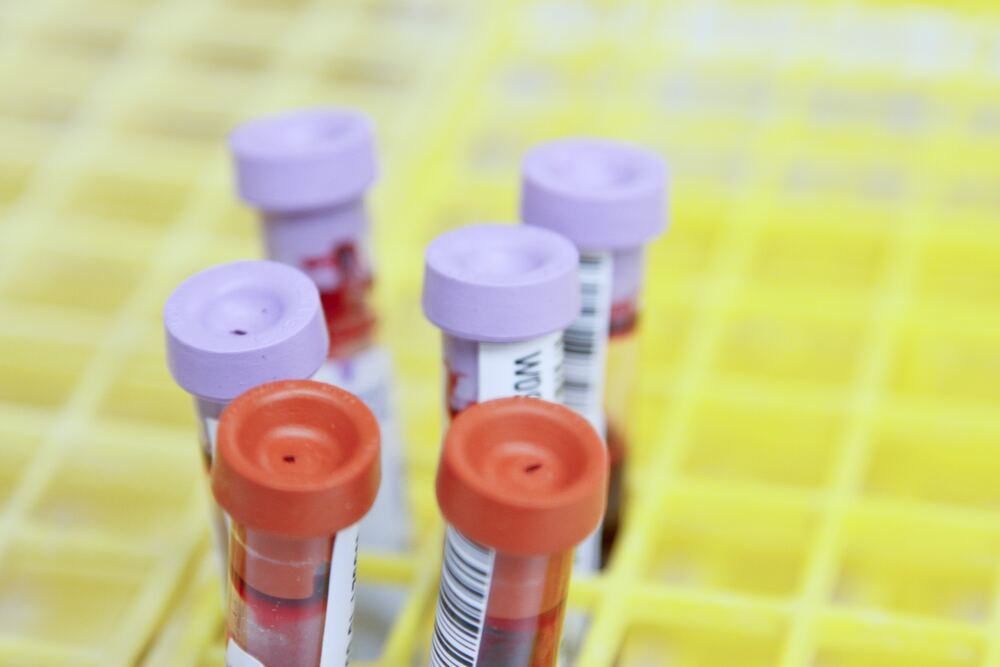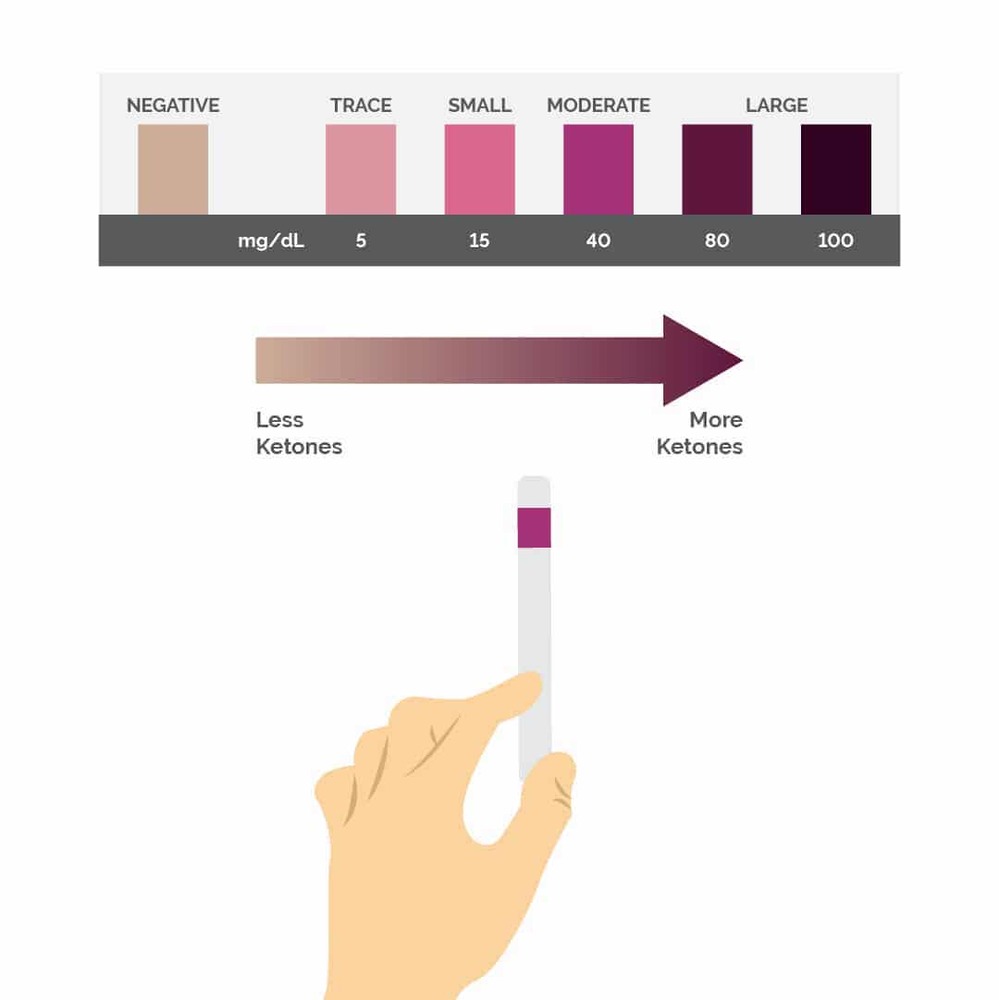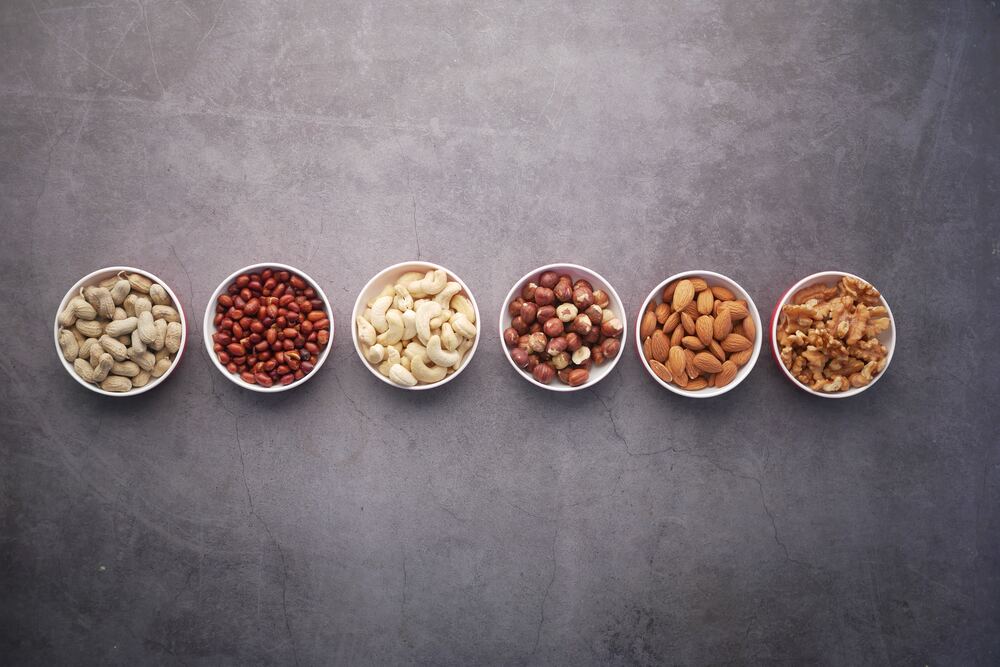Ketone Levels: How to Achieve Optimal Health with Ketosis
Ketone Levels: How to Achieve Optimal Health with Ketosis
Are you curious about the ketogenic diet and how it affects your body? One of the critical components of this lifestyle is understanding your ketone levels. Ketones are organic compounds produced by your liver when your body burns fat for fuel instead of glucose. In this article, we will explore what ketones are, what level of ketones indicates ketosis, and how to measure your ketone levels accurately. We'll also delve into the benefits of ketosis, what ketones drinks are available, and what foods are good for ketosis.
What Are Ketones?
Ketones are molecules that your body produces when it breaks down fats for energy. The ketogenic diet is a high-fat, low-carbohydrate diet that causes your body to produce ketones to use as fuel instead of glucose. This process is known as ketosis. When your body is in ketosis, it is using stored fat as its primary energy source, resulting in weight loss.
What Level of Ketones Indicates Ketosis?
The level of ketones in your blood can indicate whether or not you are in ketosis. A blood ketone level of 0.5 mmol/L or higher indicates that your body is in a state of ketosis. This level can vary depending on the individual and the stage of the ketogenic diet.
Measuring Ketone Levels
There are several ways to measure ketone levels. The most accurate method is through a blood ketone meter, which measures the number of ketones in your blood. Another way to measure ketone levels is through a urine test or breath analyzer. Urine tests measure the amount of acetoacetate in your urine, while breath analyzers measure the amount of acetone in your breath.
How Often Should You Test Ketones?
The frequency of testing your ketone levels depends on your goals and the stage of the ketogenic diet you are in. During the initial stage of the diet, it is recommended to test your ketone levels daily to ensure that you are in ketosis. Once you are in ketosis, you can reduce testing to once or twice a week to monitor your progress.
What Should Your Ketone Levels Be?
Your ketone levels should be between 0.5 and 3.0 mmol/L to indicate that you are in a state of ketosis. However, the optimal range may vary from person to person, and it is essential to consult with your healthcare provider to determine what levels are best for you.
Ketosis Foods and Meals
Following a ketogenic diet involves consuming high-fat, low-carbohydrate foods. Foods that are high in healthy fats include avocados, nuts, and seeds, coconut oil, and fatty fish. Foods to avoid include grains, sugary foods, and starchy vegetables. You can also find various ketosis meal plans that provide a guideline for what to eat during different stages of the diet.
Keto Weight Loss
One of the most significant benefits of a ketogenic diet is weight loss. The high-fat, low-carbohydrate foods consumed during the diet help your body burn fat for fuel instead of glucose, resulting in weight loss. In addition to weight loss, the ketogenic diet has been shown to improve insulin sensitivity, reduce inflammation, and improve brain function.
Ketones Drink
There are several ketones drink available in the market that can help increase ketone levels in your blood. These drinks are usually made from MCT oil, exogenous ketones, and electrolytes, which help boost energy levels and reduce symptoms of the keto flu. It is essential to choose a ketones drink that is low in sugar and carbohydrates.
Diabetic Ketosis
It is worth noting that there is a type of ketosis that is not beneficial for health and is a sign of a medical emergency. Diabetic ketoacidosis (DKA) is a severe complication of diabetes that can occur when there is not enough insulin in the body to process glucose for energy. In this state, the body breaks down fats for energy, leading to high levels of ketones in the blood.
DKA is a life-threatening condition that requires immediate medical attention. Symptoms of DKA include high blood sugar levels, frequent urination, excessive thirst, nausea, vomiting, abdominal pain, fruity breath odor, and confusion. It is essential for individuals with diabetes to monitor their blood sugar levels regularly and seek medical attention if they experience any symptoms of DKA.
In conclusion, measuring your ketone levels is a crucial part of following a ketogenic diet and achieving optimal health through ketosis. By monitoring your ketone levels, you can ensure that you are in a state of ketosis and reap the benefits that come with it, such as weight loss, improved insulin sensitivity, and reduced inflammation.
In addition to following a proper diet, you can also increase your ketone levels through exercise, fasting, and consuming ketones drinks. However, it is crucial to be mindful of the sugar and carbohydrate content in these drinks and to choose ones that are low in these components.
Might be interesting -Keto Food Guide: What to Eat and What to Avoid





